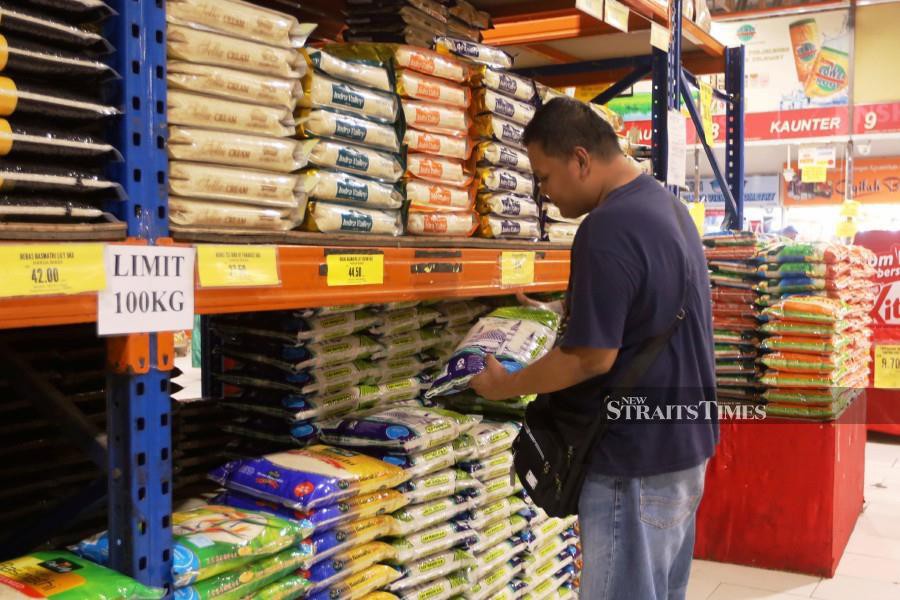GEORGE TOWN: Gerakan is urging the unity government to find ways to address the problems brought about by inflation in the country.
Gerakan deputy president Oh Tong Keong said the people have yet to enjoy a better life even though the government announced that the inflation rate has gone down to two per cent.
He said this when referring to a recent statement made by Economy Minister Rafizi Ramli, who spoke about Malaysians' spending habits including about dining out .

Oh urged the government to be responsible in the matter of inflation and avoid blaming the people.
He also said the government should not be blaming the previous administration for what is happening.
"The government has failed to overcome the issue of inflation in our country. Do not go and blame the people for using their salaries to dine out because by right, they should be more sensitive towards an inflation which has affected food prices.
"Is Rafizi blaming the people for causing the inflation problem that is happening in our country?" said Oh in a statement.
On Monday, Rafizi told an online portal that Malaysians were spending a lot of their earnings monthly to eating out as compared to countries like South Korea.
However, he had said this was due to past policies and did not blame people for this. The minister had also highlighted how Malaysian households were more sensitive to knock-on inflation.





